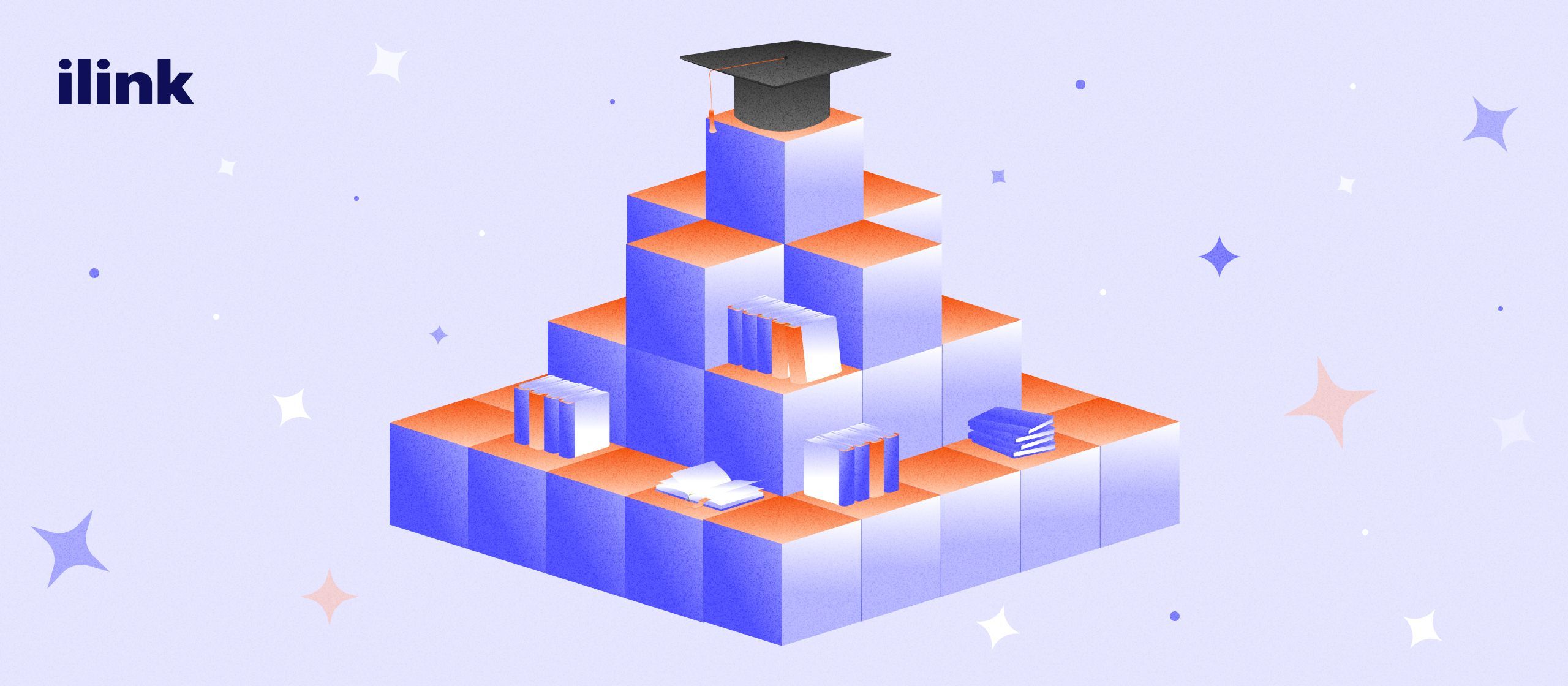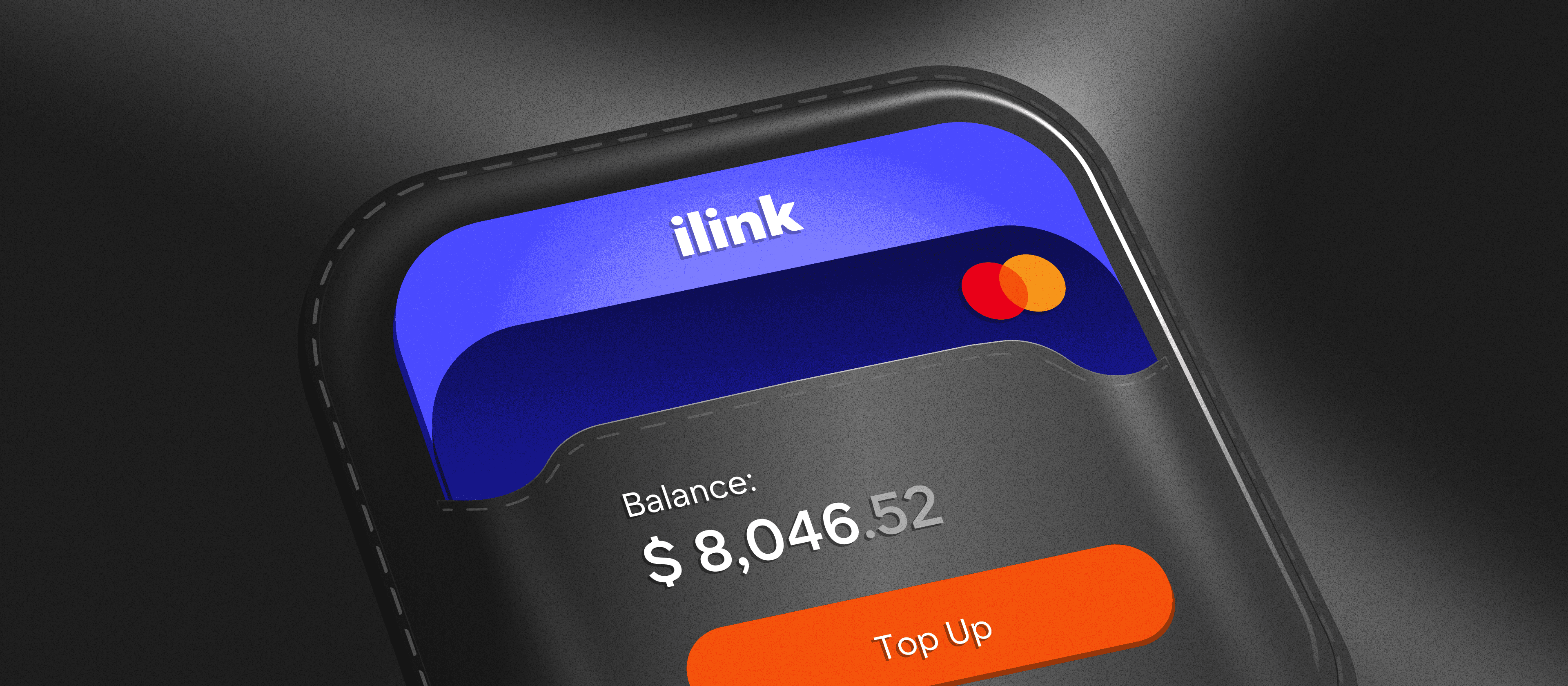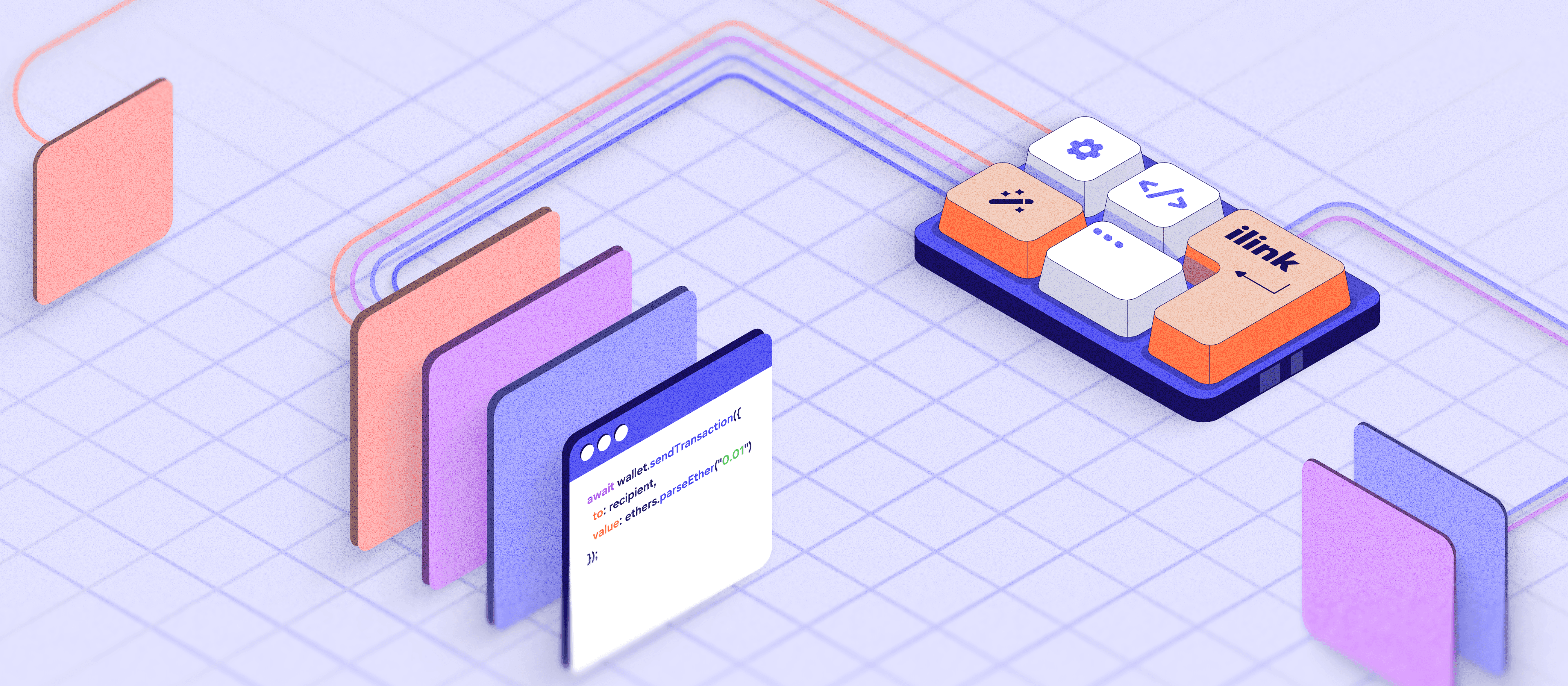Decentralized Learning Platforms: How Blockchain Is Redefining Access to Education
Introduction
The digital transformation of education has accelerated over the last decade, but challenges around accessibility, trust, and data ownership remain unresolved. Centralized learning platforms often restrict access, retain control over student data, and offer limited transparency in credential verification. Blockchain technology is now emerging as a groundbreaking force in education, ushering in decentralized learning platforms that are reshaping how knowledge is shared, accessed, and validated across the globe.
The Problems with Traditional Education and eLearning Models
Despite the rise of online education, many learners still face systemic barriers. In traditional models:
- Educational credentials are hard to verify across borders, leading to credential fraud and skepticism from employers.
- Centralized platforms often collect and retain personal data, leaving users with little control over their educational records.
- Access is limited by geography, cost, or institutional gatekeeping, making it difficult for learners in developing countries to participate.
- Intermediaries such as universities and testing authorities drive up costs and delay certification processes.
These limitations highlight the need for more transparent, open, and equitable education systems—and that’s where blockchain steps in.
What Are Decentralized Learning Platforms?
Decentralized learning platforms use blockchain to shift control from centralized authorities to learners and educators. Rather than relying on a single institution or server, these platforms are powered by distributed networks that allow users to participate in peer-to-peer education ecosystems.
Key features of decentralized learning include:
- Content stored across blockchain networks, not owned by a single provider.
- Smart contracts that govern course access, assessment, and automatic certification.
- Token incentives for completing lessons, teaching, or contributing educational content.
- Self-sovereign identities that allow learners to manage their educational data securely and independently.
This model ensures inclusivity, transparency, and trust—especially in environments where institutional reliability is lacking.
Key Benefits of Blockchain in Education
Blockchain brings several transformative benefits to the education sector:
- Trustworthy credentialing. Certificates and diplomas are issued on-chain, making them immutable, instantly verifiable, and fraud-proof.
- Learner ownership of data. Students retain full control of their achievements and learning history, with the ability to share them securely with employers or institutions.
- Global accessibility. Anyone with an internet connection can access decentralized learning environments without needing permission from central authorities.
- Incentivized learning models. Through tokens or cryptocurrencies, learners and educators can earn rewards for their engagement and contributions.
- Open ecosystem. Decentralized platforms reduce reliance on traditional gatekeepers and foster collaboration among educators globally.
This approach not only improves access but also strengthens trust between learners, educators, and future employers.
Want to build a secure, decentralized platform that expands access to education and verifies learning with blockchain? Contact us today and let’s bring your vision to life.
Use Cases and Real-World Applications
Several industries and institutions are already embracing blockchain in education:
- University credential verification. Students graduating from accredited institutions can receive blockchain-based diplomas that are accepted across borders.
- Skill certification platforms. Especially valuable in tech and the gig economy, blockchain enables fast, decentralized verification of skills and experience.
- Corporate training systems. Companies are deploying blockchain to build secure internal training platforms that track progress and compliance automatically.
- Self-paced microlearning. Learners can access courses, earn certifications, and build verifiable portfolios—without institutional bureaucracy.
These examples demonstrate how blockchain is making education more modular, affordable, and universally accessible.
How Blockchain Development Companies Enable Decentralized Education
To build truly effective decentralized education platforms, organizations need robust, scalable blockchain infrastructure. A blockchain development company can assist with:
- Designing and developing custom LMS platforms powered by blockchain.
- Implementing smart contracts to automate credentialing, access control, and content licensing.
- Creating digital identities and wallets to store and share verified credentials.
- Structuring tokenomics to encourage participation and sustainability in educational ecosystems.
These services help bring secure, scalable, and learner-focused platforms to life—bridging the gap between vision and reality.
Comments (0)
Latest Posts
Crypto payment processing in 2026: accept stablecoins/crypto, track confirmations, manage wallets, run payouts, and automate reporting, plus ilink’s ready-made platform.
Launch crypto & stablecoin payments fast: learn how crypto processing works end-to-end, where it’s used this year, and how deploy a secure platform in 2 weeks.
Do You Have Any Questions?
Leave your details - we will contact you to answer all your questions




